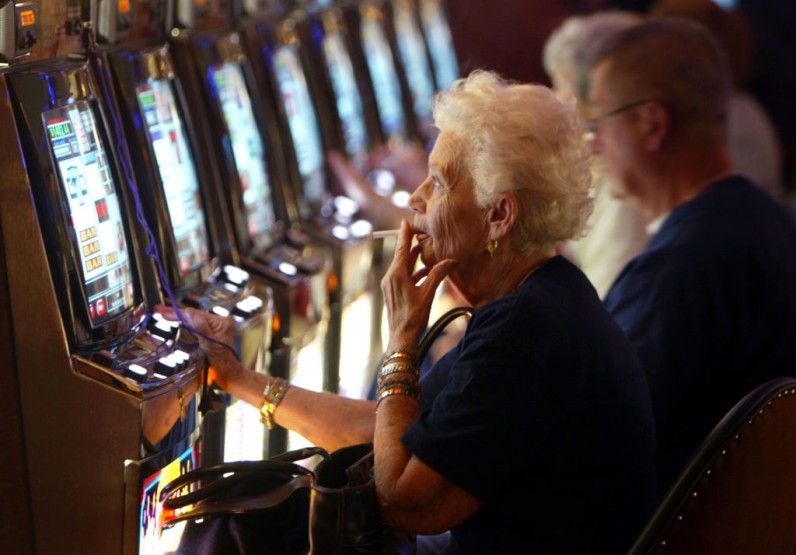
Shareholders of major US casino companies are set to vote on proposals to study the feasibility of implementing smoking bans within their establishments.
Shareholders to Vote on Smoking Ban Proposals
CNBC reports that the proposals, sponsored by Trinity Health and the Americans for Nonsmokers' Rights Foundation, have prompted a significant debate within the industry. The issue has gained traction as concerns about the health risks associated with secondhand smoke exposure continue to mount.
Boyd Gaming, Bally's Entertainment, and Caesars Entertainment are the focal points of this debate, with shareholders at each company slated to vote on the proposals. Despite owning only a tiny fraction of the shares, Trinity Health has leveraged its shareholder status to push for these health initiatives.
According to CNBC, the Securities and Exchange Commission's decision to include these proposals in the proxy materials ensures that all shareholders can access their rationale.
Boyd Gaming will vote on a smoke-free assessment at its annual shareholder meeting, while Bally's and Caesars will follow suit at their respective meetings.
Health Advocates Push for 100% Smoke-Free Environments
The discussion revolves around the potential financial impacts of banning indoor smoking in casinos. Advocates for the ban point to research indicating that smoke-free casinos generate more revenue and outperform competitors that allow smoking.
However, opponents argue that such bans could lead to significant revenue declines, potentially resulting in job losses for casino employees.
Jan Jones Blackhurst, a board member at Caesars Entertainment, stressed the economic consequences of smoking bans, citing potential revenue drops of 20% to 25% and subsequent layoffs. However, other stakeholders, such as the United Auto Workers, have expressed concerns about the health risks posed to employees by secondhand smoke exposure.
The Centers for Disease Control and Prevention (CDC) asserts that there is no safe exposure to secondhand smoke and advocates for 100% smoke-free indoor air environments. Scientific evidence supports the effectiveness of smoke-free policies in reducing exposure to secondhand smoke and improving public health outcomes.
Studies reveal alarming levels of air pollution inside casinos, significantly increasing the risk of cardiovascular disease and other health issues.
Despite the proven effectiveness of smoke-free policies in mitigating these risks, some states have exempted casinos from such laws, contributing to elevated nicotine exposure among workers and endangering nonsmoking individuals, including children.







Join the Conversation